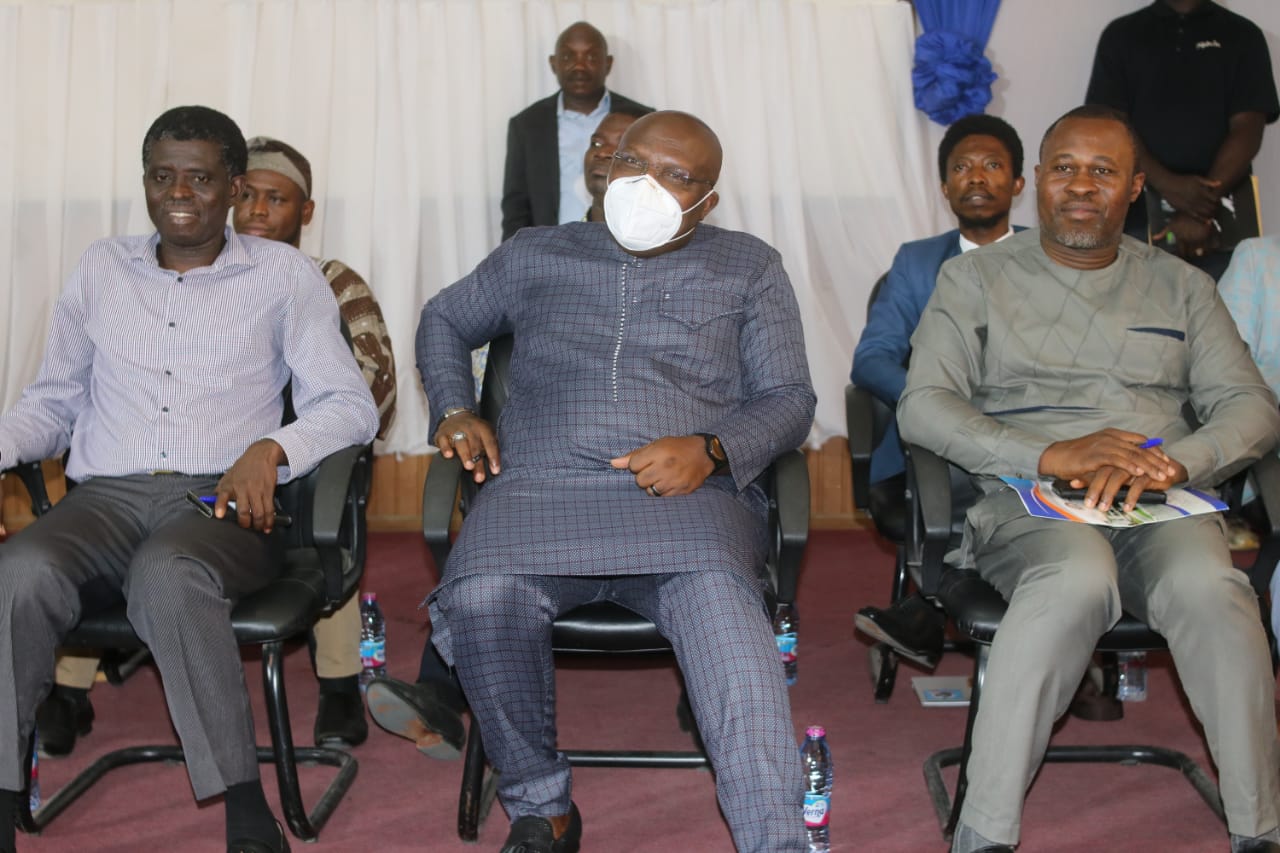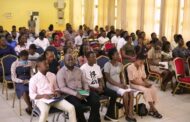The Institute of Statistics, Social and Economic Research (ISSER) indicates that it may take up to 10 years for a large number of graduates to secure employment due to varied challenges that ranged from the lack of employable skills, unavailability of funding capital for entrepreneurship, poor attitudes of graduates towards job opportunities, as well as the low capacities of industry to absorb the huge numbers.
Graduate unemployment therefore continue to rise in Ghana creating serious security concerns in the country.
The Koforidua Technical University Alumni Association has therefore held Public Lecture as part of the Homecoming for the 25 anniversary celebration of the University,on the theme “Bridging the Gap Between Academia and Industry: The role of Alumni”
The program brought together industry players, entrepreneurs, academia and government officials to diagnose the problem and proffer solutions.
Prof.Prince Boateng, Dean of Faculty of Built and Natural Environment at KTU, said periodic review of the curricula to meet timely industrial training of students for joint certification is critical to bridging the gab between industry and academia.
Other speakers such as Dr.Robert Tay, Deputy Director in charge of Procurement,DVLA said political interference in education system of Ghana has disallowed the academia from making interventions that could ensure a paradigm shift in th education sector.
The Eastern Regional Minister Seth Kwame Acheampong reiterated commitment of government to TVET education to provide the needed human resources for the industrialization drive of the country.
He further appealed to universities to liaise with industries to conduct applied research that will yield practical benefit to society.
Adding that together with all stakeholders in partnership with government, the phase of technical education will be uplifted.
The President of Koforidua Technical University (KTU) Alumni Association Mr. Agbodo Kobla Godsway said the association will continue to advance various interventions to bridge the gap between academia and industry since Ghana’s educational system in it current form produces graduates with theoretical knowledge without industrial skilled set.
According to Mr. Agbodo Kobla Godsway, the zeal to drive this agenda requires the drafting of a national policy on education by technocrats which bans politicians from interfering into educational policies and it related activities.
He agreed with other speakers that, political appointments of Chancellors of Universities, Vice Chancellors , Minister of education as well as Council members have had negative influence on education in Ghana making it difficult to formulate the right policies that will drive education towards industrial requirement.
Source:Mybrytfmonline.com/Obed Ansah




















































